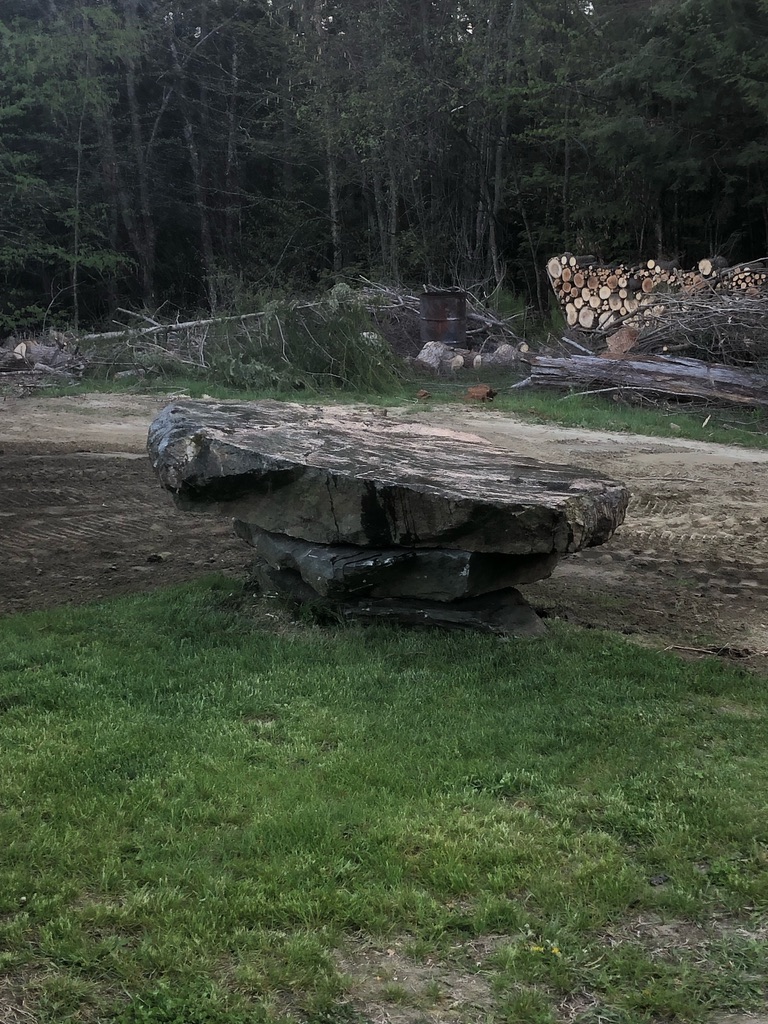I am healthy and whole and fed and sheltered and privileged and educated and engaged in meaningful work which I enjoy and loved by a beautiful family of extraordinary people.
Why do I feel useless and afraid and lonely?
I believe in my heart that when I am about to make a breakthrough of some kind, all of the homunculae in my mind — who cling to the familiar — throw every obstacle they can think of into my path to stall the journey.
Back into the fray, locked for generations into a battle against my arch-enemy: myself.
